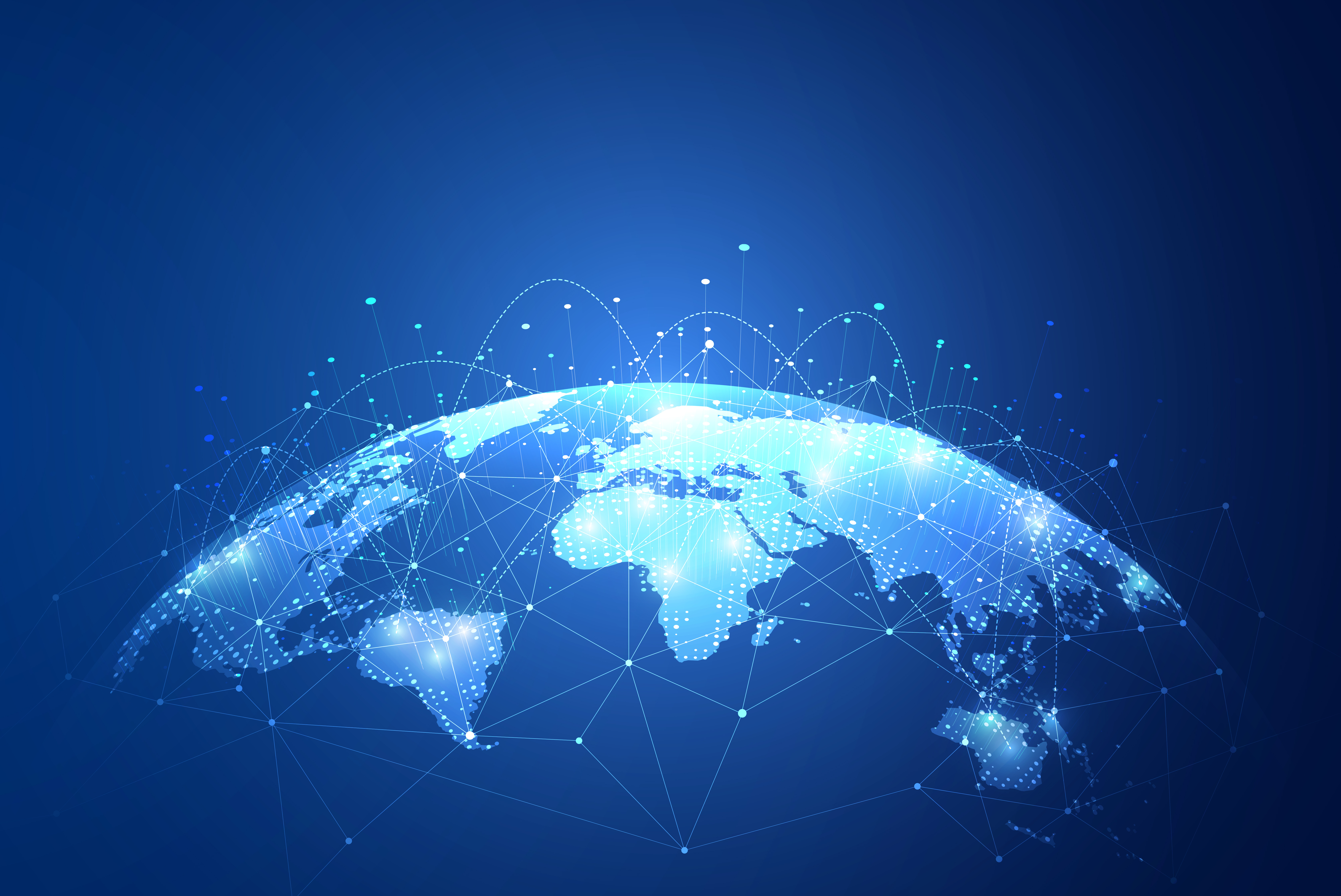
The Research Problem
Procuring and sharing human biospecimens (e.g., blood, organs, DNA) is essential for the biomedical research enterprise worldwide, as is including populations in research that may benefit from biospecimen-based science. Countries vary widely in how biospecimens are treated from a legal and ethical perspective, and regarding what (if any) rights individuals have over the use of their own biospecimens in research. Broadly, we are interested in protections and obligations for biospecimen-based research participants arising under international and regional law to help clarify the international framework and context for consent and control, if any, over one’s own biospecimens. Understanding and prioritizing equity in world views around decision-making and the body – e.g., collectivity, individuality, spirituality – underscores the framing of this project.
We seek to understand how human rights treaties, whether of international or regional scope, intersect with the use of biospecimens in research. Our work explores critical human rights issues such as autonomy, privacy, consent, the right to health, and social dynamics (e.g., beneficence and perceptions of the greater good) and includes attention to culture, norms, and variation among countries in framing human relationships (including legal, administrative, and medical) to biospecimen procurement and sharing. Additionally, we explore issues surrounding participants’ rights to know how their biospecimens are used in research.
Research Design
Our approach acknowledges heterogeneity in conceptions of legal, biomedical, and ethical approaches applied to the body, and to achieve a wide comparative perspective, we deliberately include global experts from varied disciplines and institutions on our project team. Little scholarly work exists around biospecimen- related ethical and legal issues on a comparative international level, despite its critical importance to the research enterprise. We envision regular virtual partner meetings, co-creation of methods, background national analyses and comparative international contributions from partners, a virtual symposium, syntheses of country and regional findings, and at least one foundational paper analyzing if/how sentinel international treaties (including regional instruments) and case law may guide understanding of human rights applications to control of one’s biospecimens. This work could have impact both in global judicial venues and domestically within the legal and ethical systems of signatory state parties, and will aim to catalyze follow-up collaborative research and analysis among the partner institutions.
Project Objectives
Overall, this project aims to fill a significant gap in scholarly research by providing a comparative legal analysis of international laws and human rights and their application to the use of biospecimens in research. Our outputs could have far-reaching implications for the governance of biomedical research and the protection of individual rights globally. Further, this project will identify national variability in recruiting and including people who are underrepresented in science into biospecimen research, and to promote understanding of concerns and circumstances that may be unique to such communities in assuring distributional justice and equity in research.